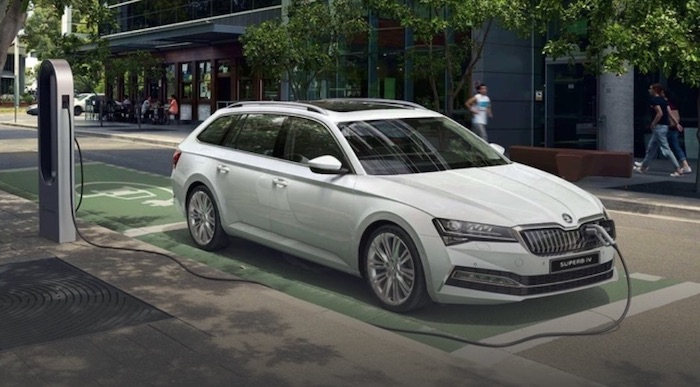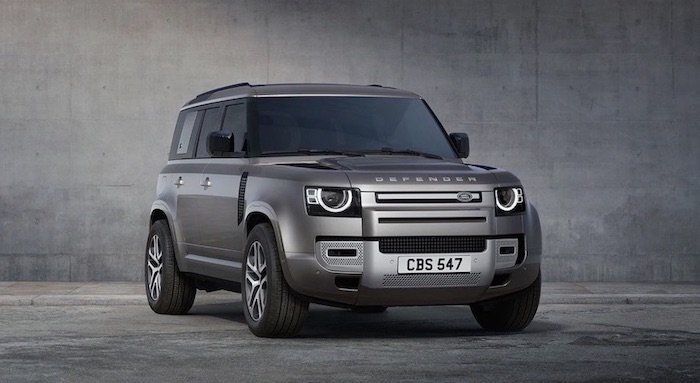The e-zoomed FAQ series: brief responses to pertinent questions related to driving an electric car! If you have a question, simply email us at shop@ezoomed.com!
Electric Cars: The Basics
For those of you new to zero-emission electric driving, we recommend a read of the following articles:
Sign up to the e-zoomed Electric Living newsletter
What Is Torque?

In car reviews, ‘torque’ features predominantly, as one of the key performance advantages of any type of vehicle, to include, electric cars and internal combustion engine (ICE) vehicles. Electric vehicles (EVs) offer a number of advantages, when compared to conventional petrol and diesel vehicles. One of these advantages, is the better torque delivery from electric cars, in particular, pure electric cars.
| Torque: Basics | |
|---|---|
| What is torque? | Torque is the ‘turning or rotational power’ of the engine i.e. how much power can an engine produce. It is sometimes referred to as ‘oomph’ or ‘pulling power’. Torque can be viewed as the ‘strength’ of the car. The greater the torque, the faster the acceleration that propels the vehicle. Torque is measured in Newton Metre (Nm). |
| Is torque better in electric vehicles, compared to petrol & diesel cars? | Yes certainly, battery-electric vehicles (BEVs) have better torque performance compared to internal combustion engine cars, hence the ‘torque of the town’! If in doubt, look at a traffic light that has both these types of cars. As the signal changes to green, the pure electric car will quickly leave behind the diesel and petrol cars. The primary reason for the superior acceleration in electric cars, is that, electric vehicles deliver ‘peak or maximum torque’ instantaneously, producing immediate acceleration (also referred to as instant torque). However, petrol and diesel cars take time to reach maximum or peak torque. In particular, diesel cars are known for being sluggish. Bottom-line, the better torque performance of electric cars, further contributes to the ‘fun factor’ in driving EVs compared to conventional cars. |
Yes, it is true, in that, many internal combustion engine cars can achieve higher top speeds compared to electric cars i.e. higher brake horsepower (bhp). However, if you are a good driver following the law, you will drive within the speed limit. Most EVs have top speeds between 90 to 120 mph, and in some cases even higher. But where can you use the higher ‘achievable speed’ of internal combustion engines, in particular, in urban environments? Short answer: nowhere, except a legal race track! Bottom-line, torque does matter, but it does not have to be the most important reason for buying an electric car!
| BEVs: Some Examples: | Torque (Nm) |
|---|---|
| Audi SQ8 e-tron Sportback | 973 |
| BMW i7 | 745 |
| Ford Mustang Mach-E | 430 |
| Kia EV6 GT | 740 |
| Lotus Evija | 1704 |
| Mercedes-Benz EQS | 858 |
| Polestar 3 | 910 |
| Porsche Taycan | 500 |
| Rolls-Royce Spectre | 900 |
| Tesla Roadster | 10,000 |
While e-zoomed uses reasonable efforts to provide accurate and up-to-date information, some of the information provided is gathered from third parties and has not been independently verified by e-zoomed. While the information from the third party sources is believed to be reliable, no warranty, express or implied, is made by e-zoomed regarding the accuracy, adequacy, completeness, legality, reliability or usefulness of any information. This disclaimer applies to both isolated and aggregate uses of this information.






































